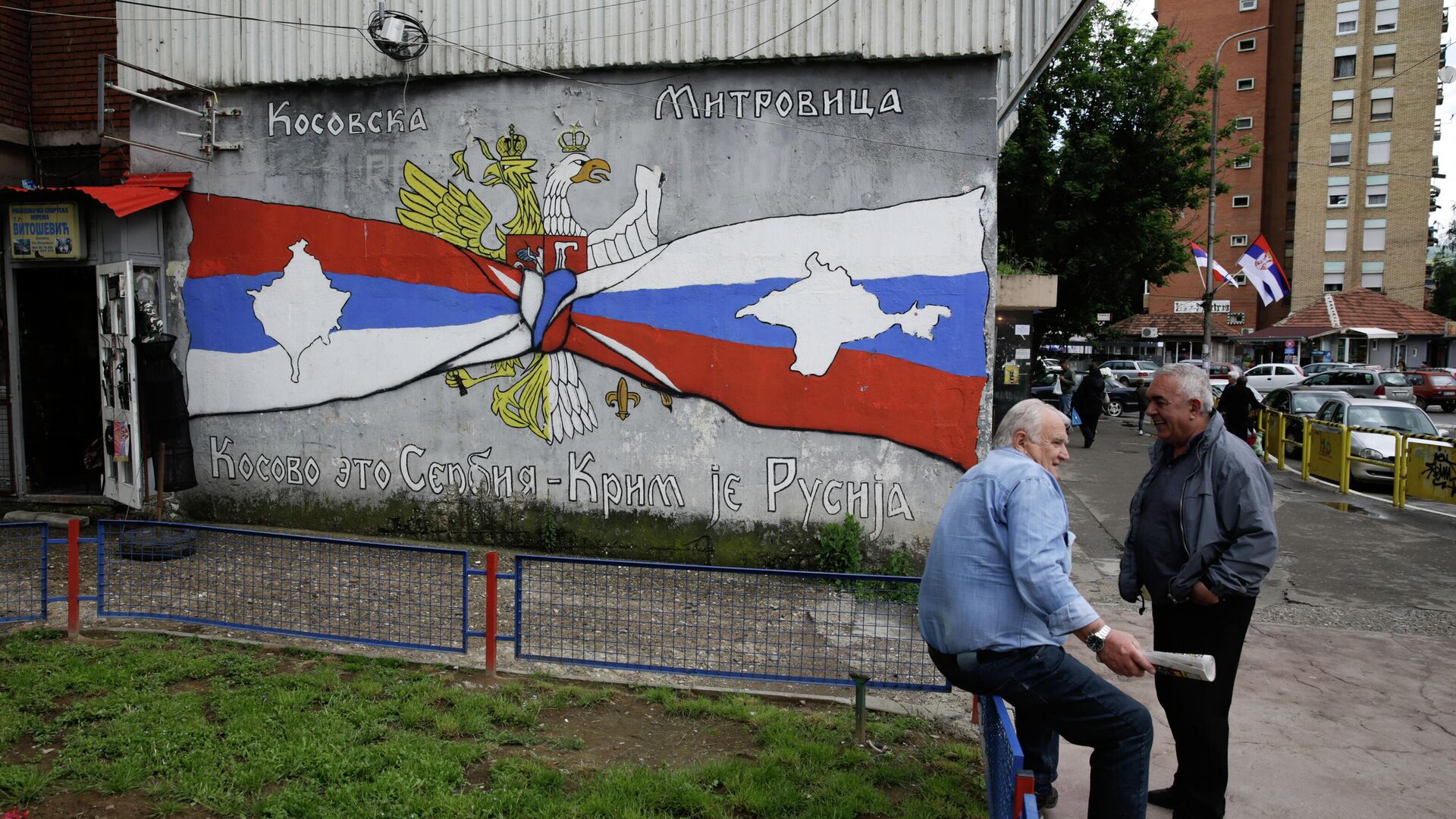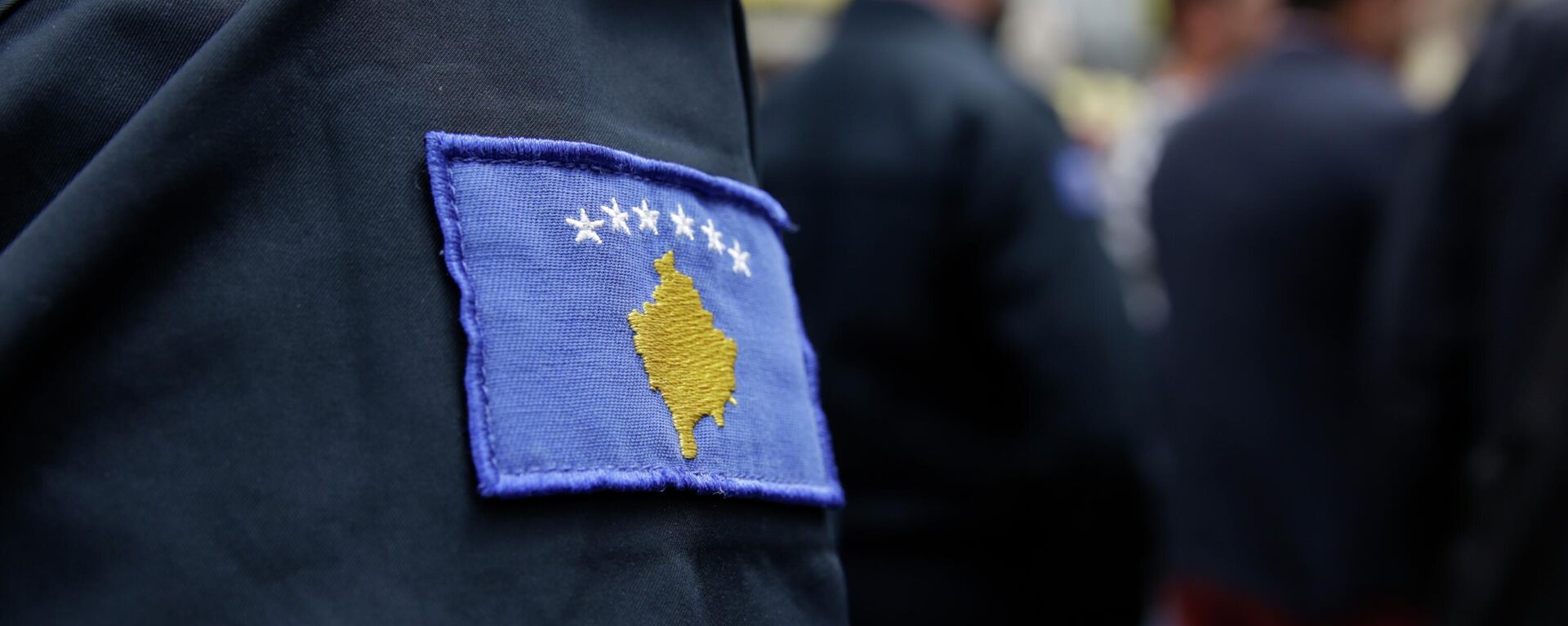Serbian MP: Kosovo's Kurti is a 'Puppet' Used to Remind Belgrade to Back West Against Russia

© Sputnik / Marko Kuzhavich
/ Subscribe
Earlier in the day, tensions in the already strained relations between Serbs and Albanians in the self-proclaimed Republic of Kosovo arose from the abrupt decision of the Kosovo authorities to ban entry into the region vehicles using Serbian license plates.
Prime Minister of Kosovo Albin Kurti is nothing more than a puppet of the West, and is used to apply pressure on Belgrade, in particular on the issue of supporting anti-Russian sanctions, Serbian parliament's Committee on Kosovo and Metohija head Milovan Drecun said on Sunday.
"He is the most common puppet. The West needs this Kurti to remind Serbia that it must fully join the Western bloc, especially when it comes to joining sanctions against Russia," Drecun told Sputnik. "Since Serbia does not agree, they send a signal - if you do not impose sanctions, we will turn a blind eye to Kurti's antics."
Drecun went on to say in his remarks to Sputnik that Serbs in Kosovo have been subjected to systematic bullying for years.
"Serbs are fed up with the systematic bullying that has been going on for years," the politician indicated. "People cannot live under such pressure and constant threat."
Regarding the reasons for the crisis outbreak, the MP noted that the explosive situation in Kosovo was caused by Pristina's decision to ban citizens with Serbian identity cards and K&M license plates from entering the southern Serbian province.
"If Pristina decides to use violence, including with the use of firearms, the situation will spiral out of control," he said. "Although it is difficult to predict the further course of events, one thing is certain - none of the Kosovo Serbs will agree to be a 'clay dove', and secondly, Serbia will protect its people."
"When you group special forces at administrative crossings, poison the Serbs in the North, constantly arrange incidents and collect 20 tons of fuel each, does it mean you are ready for dialogue or vice versa?" he questioned.
Moments before, the NATO-led Kosovo Force (KFOR) mission declared its readiness to intervene to restore stability in the region. Drecun noted the peacekeeping mission in the breakaway territory would prevent the weapons' use by Albanian special forces in the region and adhere to the agreement that Kosovo's security forces cannot be deployed in the area.
"KFOR must prevent the use of weapons by special forces against Serbs in the north and recall the agreements with NATO that members of the Kosovo security forces cannot be in the north," he stressed.
Hours after Kosovo authorities caused an uproar and a deterioration in the situation between Belgrade and the breakaway territory, the Kosovo government announced early Monday that they were delaying the entry restrictions until September 1 in response to US Ambassador Jeffrey Hovenier's appeal.
On Sunday evening, Serbian President Aleksandar Vucic had arrived to the General Staff headquarters, later detailing that Belgrade was working to defuse tensions and that General Milan Mojsilovic, the chief of the General Staff, had spoken with the KFOR mission's commander, who was scheduled to arrive in Kosovska Mitrovica soon.



